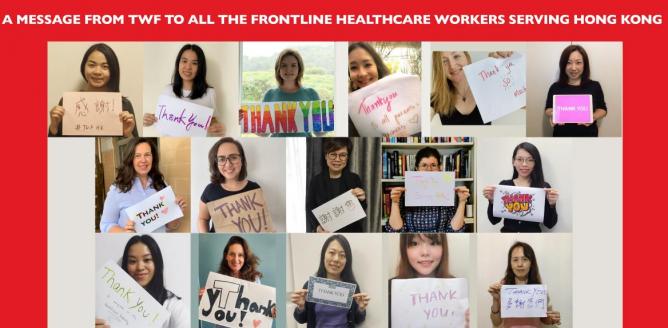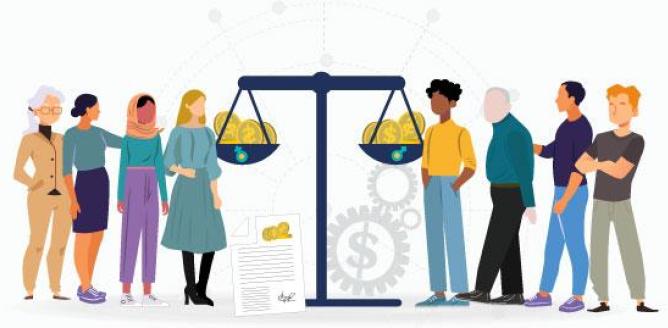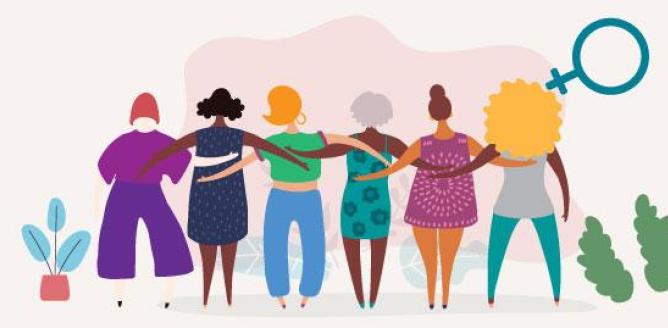“We often take for granted the very things that most deserve our gratitude” Cynthia Ozick, American writer
In this unusual and troubling time, we are all coping with various challenges and risks, but none more than health care workers, to whom we owe an enormous debt of gratitude.
Cities across Europe have expressed their appreciation with mass applause, from windows, balconies and door steps. We have seen musical tributes, free meals, accommodation, heartfelt messages, and countless acts of kindness as the world tries to convey its immeasurable gratitude to medical and health care workers across the globe.
The work they are doing is high risk, many times made worse by a lack of protective equipment. In Hong Kong and elsewhere, health care workers are making great sacrifices, which includes self-isolating from their own families. Inevitably, some of these ‘soldiers on the frontline’ are getting ill.
The mental health of these workers is often affected, with a recent study from China finding that women and nurses report particularly severe symptoms. This is particularly salient because the overwhelming majority of health care workers are female. Globally, 70% of health care workers are female and in Hong Kong, over 85% of registered nurses are female.
In addition to comprising the majority of health care workers on the front lines, women have also played a key role in innovating solutions to better help the medical profession and individuals manage this crisis. Female led start-ups are working to produce at-home COVID-19 test kits, wearable hardware, telehealth developments and short term employee health benefits for the current crisis.
At home, women also take a central role in the health of their families. Women make 75% to 80% of all decisions about family health care, which is particularly key at this current juncture. They are also more likely to spend proportionally more of their salary in ways that benefit the whole family, including children’s health. Women are still most often taking up the role of primary carer and are looking after children or older relatives, without the usual support from schools or care centres. They are continuing with paid work and simultaneously managing their usual, unpaid domestic workload.
While we are managing both the practical day-to-day workarounds and the mental challenges of this pandemic, let’s take a moment to support and thank those women and men in our hospitals and clinics that are risking their own health to save lives and safeguard our health as well as all the frontline workers across a myriad of sectors that are keeping our city running in the collective fight against the pandemic.
Join us in saying THANK YOU! Get in touch at Fiona.Nott@twfhk.org.





















